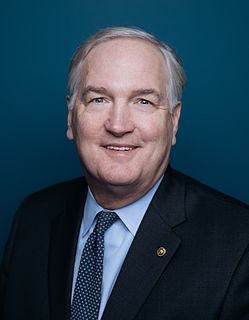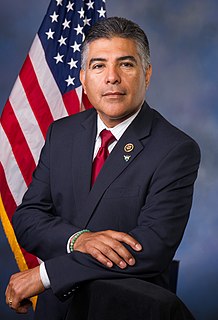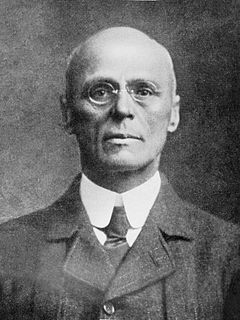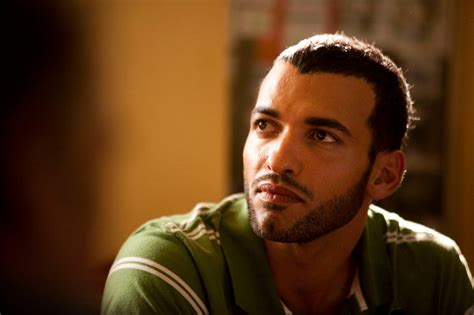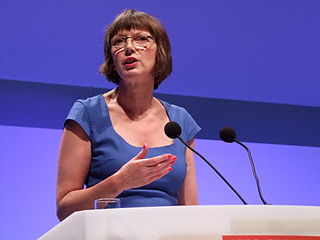A Quote by Mark Cuban
Leaders don't change their positions mid-debate. They welcome scorn from the masses because it creates the opportunity for dialogue.
Related Quotes
What really worries me is that those who are in positions of power are not really affected by what we are writing. In the moral dialogue you want to start, you really want to involve the leaders. People ask me: "Why were you so bold as to publish A Man of the People? How did you think the Government was going to take it? You didn't know there was going to be a coup?" I said rather flippantly that nobody was going to read it anyway, so I wasn't likely to be fired from my official position. It's a distressing thought that we cannot engage our leaders in the kind of moral debate we need.
No government by experts in which the masses do not have the chance to inform the experts as to their needs can be anything but an oligarchy managed in the interest of the few. And the enlightenment must proceed in ways which force the administrative specialists to take account of the needs. The world has suffered more from leaders and authorities than from the masses. The essential need ... is the improvement of the methods and conditions of debate, discussion and persuasion. That is the problem of the public.
Look, this debate is basic: it's small government vs. big government. So how cowardly do folks like Blood and Frank Rich have to be that they can't man up and defend their love for collectivism? The only reason they scream race, is because that debate scares them. They know a racial accusation prevents dialogue, because such a harmful charge far outweighs any benefits of winning an argument.
California's redistricting process creates a historic opportunity for Valley Latinos to have a strong and unified voice in Congress for the first time. The opportunity to be the Valley's first Latino Congressional representative is humbling, and I'm proud that so many diverse leaders have come together to support this campaign.
We have been making constant efforts, all the time, to start dialogue with the SLORC, but you know it takes two. We don't want a monologue. We would like a substantive political dialogue among the SLORC, political leaders including myself, and leaders of ethnic groups-exactly as stipulated in the U.N. General Assembly resolution on Burma.
In an echo of earlier times, the climate change prophets have in recent years tried to silence counter views and suppress dissent. August members of the Royal Society, a body once noted for its cultivation of debate in science, are now leaders of the 'science is settled' camp: the only debate they consider to be legitimate is about choice among the different forms of the centralized action they believe is required to deal with the problems they foresee.




